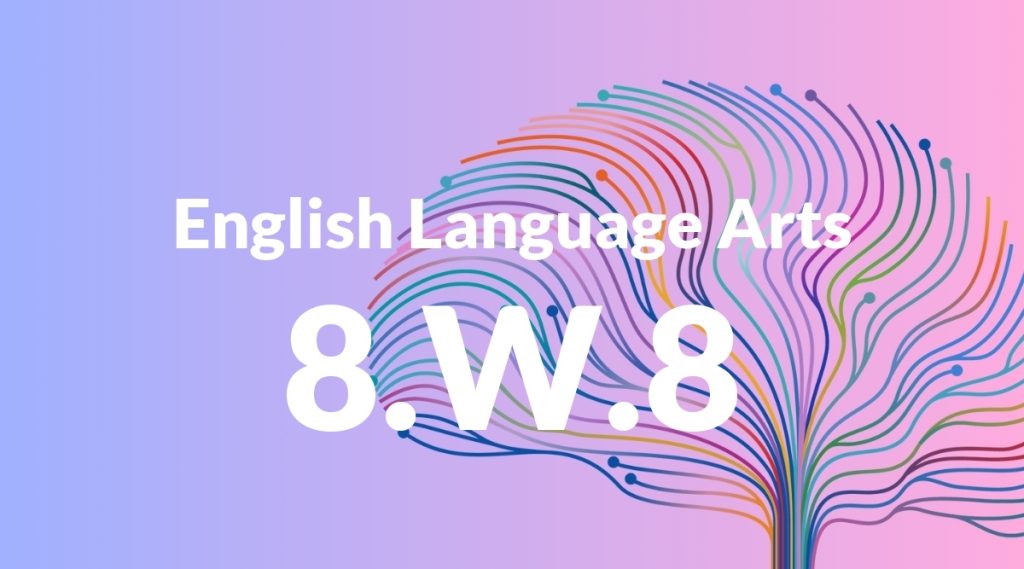Standard: 8.W.8 – Gather relevant information from multiple print and digital sources, using search terms effectively; assess the credibility and accuracy of each source; and quote or paraphrase the data and conclusions of others while avoiding plagiarism and following a standard format for citation.
Grade level: Grade 8
Subject: English Language Arts
Domain: Writing
Teacher Overview
This standard emphasizes the importance of gathering and evaluating information from diverse sources. It teaches students to use search terms effectively, assess the credibility of sources, and avoid plagiarism by quoting or paraphrasing correctly and following citation guidelines. Mastery of this standard is crucial for developing strong research and writing skills. Students need to have basic research skills, understand how to use libraries and online databases, and be familiar with the concept of plagiarism and basic citation formats.
After mastering this standard, students will be able to conduct advanced research, synthesize information from multiple sources, and evaluate sources for bias and reliability. These skills are essential for high school and college-level writing.
Common Misconception 1
A common misconception is that all information found online is credible. This is incorrect because not all sources are reliable; some may be biased, outdated, or inaccurate.
Intervention 1
To address this misconception, teach students to evaluate sources by checking the author’s credentials, publication date, and the site’s domain (e.g., .edu, .gov). Incorporate activities that involve comparing credible and non-credible sources.
Common Misconception 2
Another misconception is that paraphrasing does not require citation. This is incorrect because paraphrasing still involves using someone else’s ideas, and proper citation is necessary to give credit to the original source.
Intervention 2
To address this misconception, explain that even when paraphrasing, students must cite the original source. Provide practice exercises where students must paraphrase information and include proper citations.
Prerequisite Knowledge
Students should understand basic research skills, including how to use a library and online databases. They should also be familiar with the concept of plagiarism and basic citation formats.
Subsequent Knowledge
Students will develop advanced research skills, including synthesizing information from multiple sources and creating annotated bibliographies. They will also learn to critically evaluate sources for bias and reliability.
Instructional Activities
- Conduct a research project where students must use both print and digital sources.
- Have students evaluate the credibility of different websites and present their findings.
- Practice paraphrasing and quoting information from various sources, followed by proper citation.
- Create a citation scavenger hunt where students find and correctly cite different types of sources.




